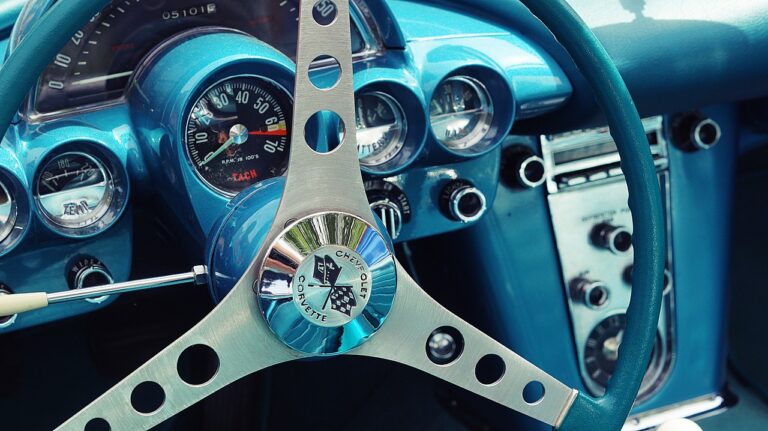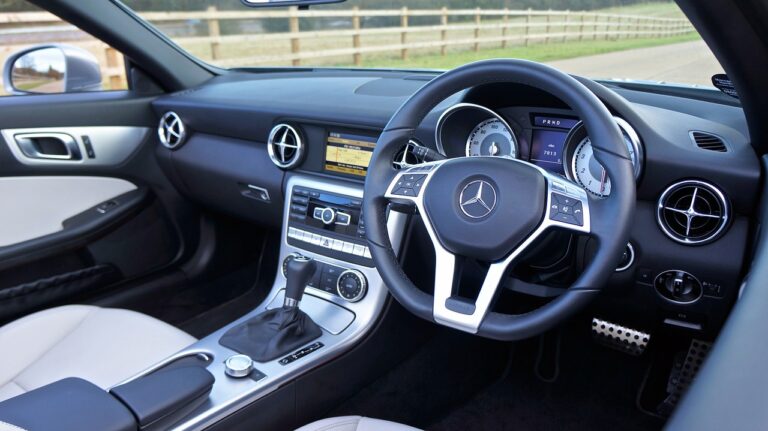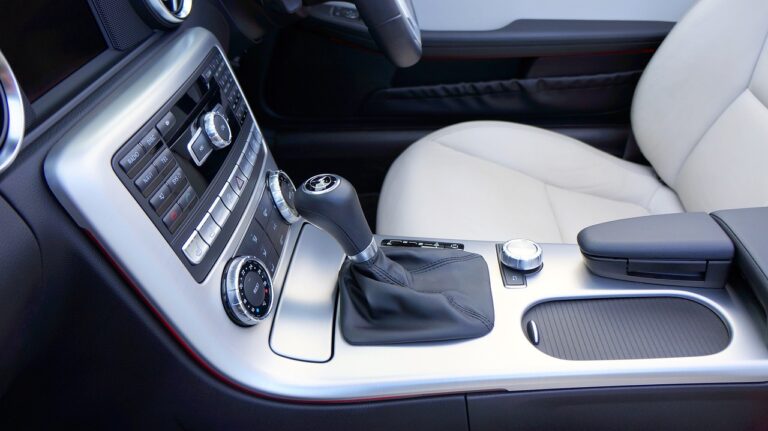The Impact of Interest Rates on Car Sales
Car sales are influenced by a variety of factors that can impact the decision-making process of potential buyers. One key factor is the overall economic conditions, including the unemployment rate and disposable income levels. During times of economic uncertainty, consumers may be more hesitant to make large purchases like cars, leading to a decrease in sales. Conversely, in times of economic prosperity, consumers may feel more confident about their financial stability and be more inclined to purchase a new car.
Another significant factor affecting car sales is consumer behavior. This includes trends in preferences, such as a shift towards more fuel-efficient vehicles or a preference for SUVs over sedans. Additionally, consumer perceptions of brand reputation and quality can heavily influence their purchasing decisions. Understanding and analyzing consumer behavior is crucial for car manufacturers and dealerships to effectively market their products and tailor their strategies to meet the demands of the market.
Economic conditions play a significant role in car sales
Consumer behavior, including preferences and brand perceptions, also impacts sales
Trends towards fuel-efficient vehicles or SUVs can affect purchasing decisions
Analyzing consumer behavior is essential for effective marketing strategies
Interest Rates and Consumer Behavior
Interest rates play a significant role in shaping consumer behavior when it comes to purchasing big-ticket items like cars. When interest rates are low, consumers are more inclined to take out loans to buy vehicles since it is more affordable to finance a car purchase. On the other hand, when interest rates are high, consumers may hesitate to take on additional debt, leading to a decrease in car sales.
Consumer behavior is also influenced by other factors beyond just interest rates. Economic conditions, such as employment levels and income stability, can greatly impact the decision to buy a car. When consumers feel confident about their financial situation and the overall economy, they are more likely to make a large purchase like a car. Conversely, during times of economic uncertainty, consumers may postpone buying a new vehicle until they feel more secure about their financial future.
Economic Conditions and Car Sales
During times of economic prosperity, car sales tend to rise as consumers have higher disposable income and greater confidence in their financial stability. With more money on hand and a positive outlook on the future, individuals are more inclined to make significant purchases such as buying a new vehicle. In addition, economic growth often leads to increased job opportunities and higher wages, further boosting the demand for cars.
Conversely, during economic downturns, car sales typically experience a decline as consumer spending decreases due to uncertainties about the future. When faced with financial instability, individuals tend to prioritize their essential needs over discretionary purchases like buying a new car. Moreover, during recessions, lending institutions may tighten their lending criteria, making it more difficult for consumers to obtain financing for a vehicle purchase.
How do economic conditions impact car sales?
Economic conditions, such as GDP growth, unemployment rates, and consumer confidence, can all have a significant impact on car sales. When the economy is doing well, people are more likely to purchase big-ticket items like cars. Conversely, during economic downturns, consumers may hold off on making large purchases, leading to a decrease in car sales.
What role do interest rates play in car sales?
Interest rates can greatly influence consumer behavior when it comes to buying a car. Lower interest rates make financing a car more affordable, which can stimulate car sales. On the other hand, higher interest rates can deter consumers from taking out loans to buy a car, leading to a decrease in sales.
How do consumer behaviors affect car sales?
Consumer behaviors, such as preferences for certain types of vehicles, willingness to spend, and overall confidence in the economy, can all impact car sales. Understanding consumer behavior is crucial for car manufacturers and dealerships to effectively market and sell their products.
Are there any other factors that can affect car sales?
Yes, there are other factors that can influence car sales, such as gas prices, technological advancements in the automotive industry, government regulations, and even cultural trends. All of these factors can play a role in shaping consumer demand for cars.







